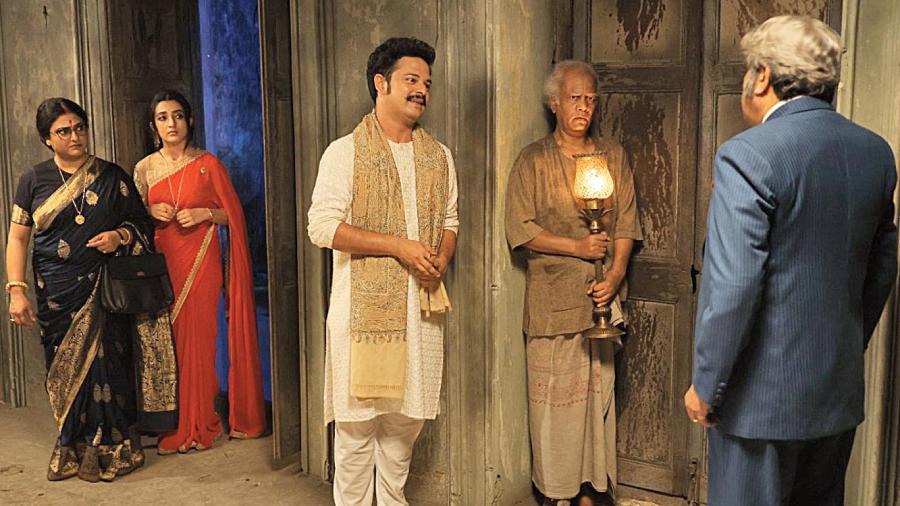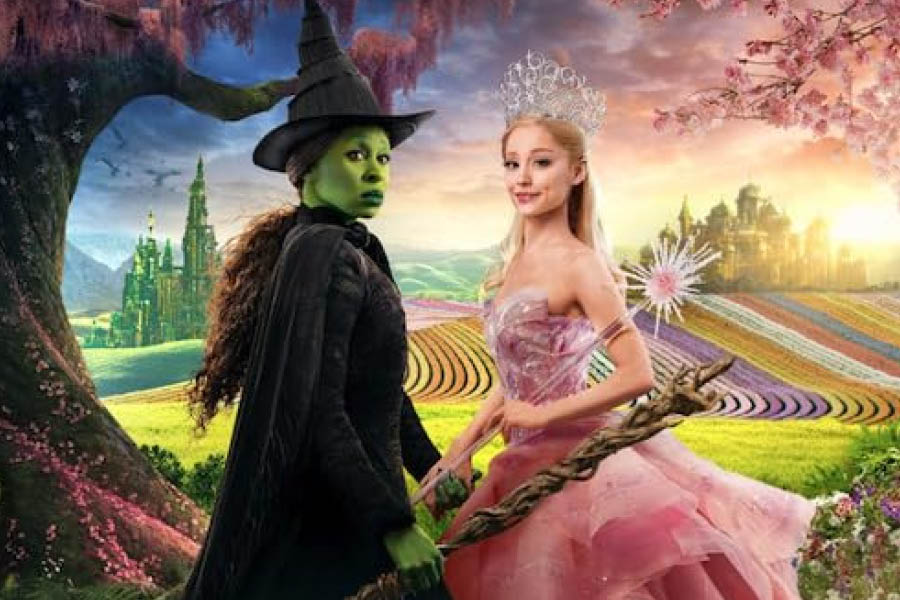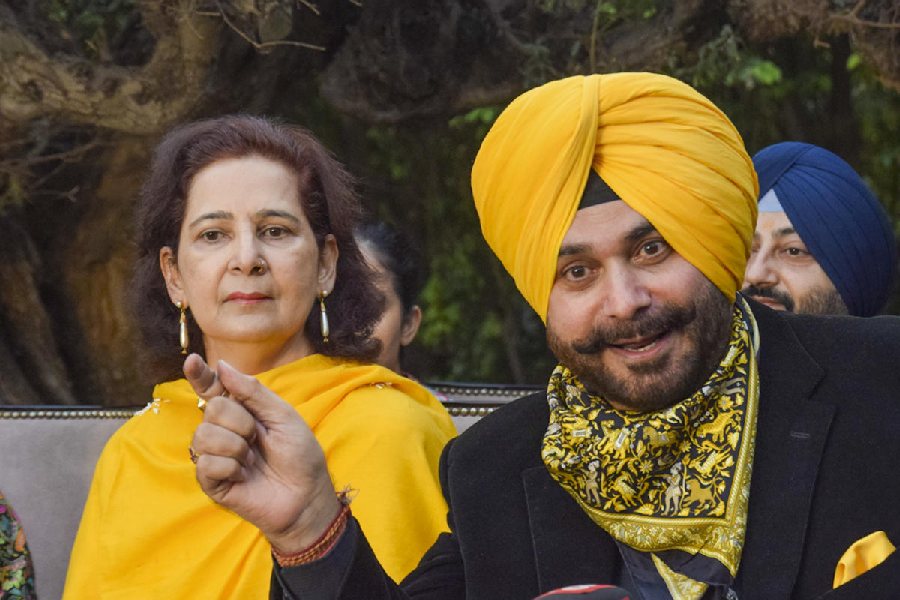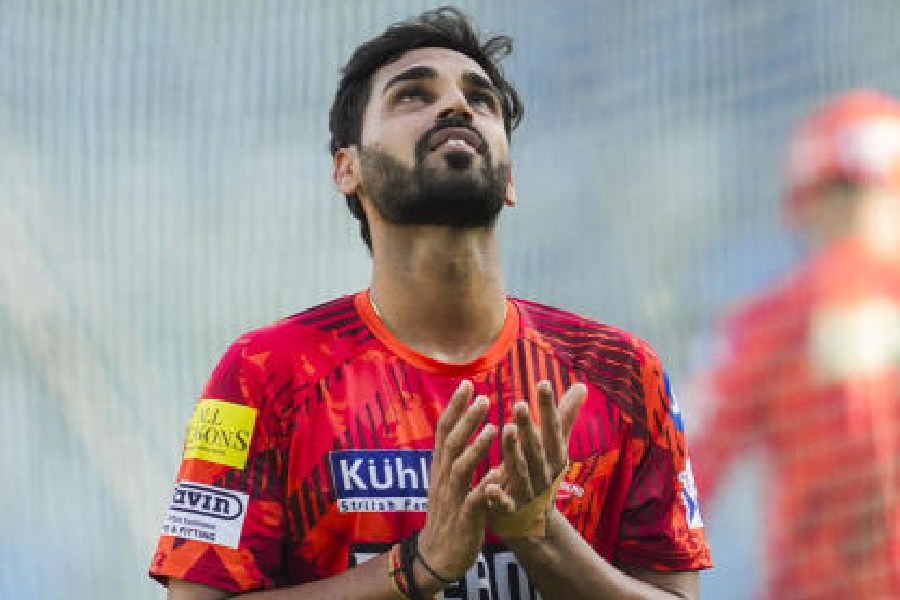Fear is the relinquishment of logic, the willing relinquishing of reasonable patterns. But so, it seems, is love. Love is the relinquishment of logic, the willing relinquishing of reasonable patterns. Without it, we cannot continue for long to exist sanely under conditions of absolute reality.” — Mike Flanagan.
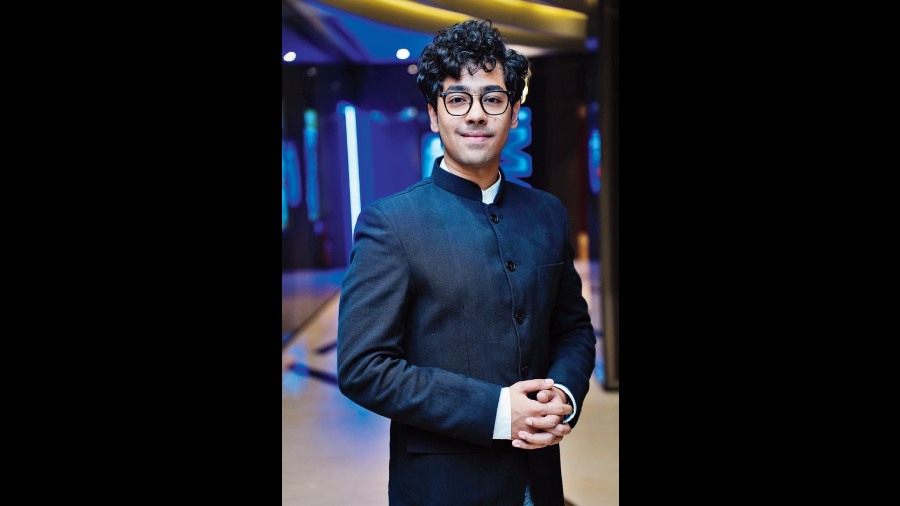
When one is at a loss of words because of being overwhelmed by a sense of pride and an amalgamation of several emotions (some of which are very personal) , ‘words’ fall short and loses direction. Then there are people like Mike Flanagan on whose meticulous sense of articulacy and lyricism one can fall back on to summarise a plethora of feelings through words. Yes, the word ‘pride’ precisely got associated to the dictionary of my immediate consciousness, because after a long time, as a member of the Bengali film fraternity and as an audience member I felt immensely proud after watching Anirban Bhattacharya’s debut as a director on the silver screen.
Ballabhpurer Roopkotha transports us back to our roots as ‘Bangalis’ without using the hackneyed tropes and superficiality of trying to package a spoon of so-called ‘Baangaliyana’ amidst an unexplored ocean of our complex culture.
As the title card went up and the cast and crew got brilliantly introduced on screen just like a quintessential curtain call after a play ends, I gulped down an inexplicable yet known pain inside the throat which comes from the tug of war between a wide grin and an eye welling up, mounting up to create an all-consuming nostalgia, especially for a person like me, whose roots are stuck deep in theatre.
Anirbanda struck the perfect balance of the dramaturgy of Badal Sircar’s text and ‘theatre’ in general through the viewfinder and poetics of the camera. And, most importantly, the term ‘roopkotha’ (fairy tale) held a special significance for me.
Analysing and dissecting a film or a play or anything which can be ‘performed’ too much has a disadvantage. It disrupts the undisputed joy of discovering something spontaneously, just like an actor who fails to deliver a spontaneous reaction when he is overtly self-consumed. Each audience member has his or her own unique receptivity towards an experience which can’t be dictated by a staunch analysis, one can merely offer an individual perspective. Thus, I won’t ruin the unfiltered joy of discovering this film by revealing or analysing the plot too much. Rather I would try and express a set of feelings, which I underwent as an audience member.
After quite some time I saw a Bengali film where the makers didn’t leave a single stone of the art of storytelling unturned. The experience starts right from the censor certificate and remains till the last credit rolled up . The usual monotonous card of ‘cigarette smoking is injurious to health’ was presented in a way which sets the tonality of the film right on point and immediately grasps the audience’s attention. For me the three pillars of Ballabhpurer Roopkotha are the concept of humour, our cultural representation and the performances. Ballabhpurer Roopkotha is one of Badal Sircar’s earlier plays and has been adapted innumerable times on stage. Though this play doesn’t belong to the genre of plays for which Badal Sircar remains fiercely relevant till date and is celebrated worldwide, it was a very significant choice for Anirbanda to go back to Badal Sircar for certain reasons .
One of the most important reasons is to take our audiences back to the world of our vibrant and enviable diversity of Bengali literature, which our generation especially is unaware of. The film didn’t become preachy at any point of time, but very subtly it infused the charm of the world of our literature, through which we get a slice of our culture, a culture which is beyond ‘rosogollas’ and ‘maach bhaat’ and ‘Durga pujo’, something which Bengalis are often tagged with or we often like to tag ourselves with which reveals nothing but our innate love to stay confined within our comfort zone.
We always represented a culture, which had its root firmly in our soil as well as beyond. A confluence of cultures was always celebrated while keeping the individuality alive.
At a time when Bengali cinema is either immersed in detective stories or in the superfluous sentimentality of nostalgia, screenwriters Pratik Dutta and Anirban Bhattacharya deftly handle a genre which is extremely refreshing on the Bengali silver screen. Both of them edited and formed the puzzle pieces of the play effortlessly for the screen.
Keeping the period intact they masterfully kept the humour of the play/film relevant for today’s time.
Coming to the concept of humour, it’s rare to see a comedy dealt well and sensitively in today’s time. We’ve successfully seen the degeneration of humour in the age of social media, where we mock anything which is scientific, human and is a natural and beautiful part of being ‘alive’.
It’s so relieving to see Ballabhpurer Roopkotha making the audience laugh by reviving an unadulterated, innocent and harmless humour, something which is almost lost in our society. The film transports us back to the times when Bengali cinema didn’t try to tickle the audience’s belly to fish out some laughter by staging some garish and tacky comedic situations, times when films like Shaare Chuattor or Bawshonto Bilaap or Chawdmobeshi made the audience laugh and rejoice without throwing a bait of demeaning humour.
Bhupati, the gamcha-clad present king of the dilapidated castle of Ballabhpur is immersed in debt and is desperate to sell off the palace to leave the chains of the past behind to start afresh in Calcutta. After several failed deals a family of three arrives to bid a price for the palace and Bhupati’s dream is about to come true but a certain mysterious ‘Raghuda’ seems to create a hurly-burly all over the palace and the bone-rattling comedy unfolds with a tinge of horror and an ocean-deep innocence.
Here comes the third strongest factor — the performances. Satyam Bhattacharya as Bhupati delivers an enviable and effortless performance. The character has multiple shades and he glides through all the emotions perfectly and makes a complete utilisation of every nook and corner of the character graph with ease and elan. Surangana Bandyopadhyay strikes a perfect balance of composure and restlessness as Chanda. The character treads on a very fine line between gullibility of a teenage girl and the maturity of a grown woman with the flamboyant mannerism of the ’60s and Surangana pulls this off adeptly like a seasoned actress. Debraj Bhattacharya as Bhupati’s friend Sanjib delivers a magnetic performance. He makes the audience roar with laughter yet wins our hearts with the character’s rock steady camaraderie with Bhupati.
The trio of Sumanta Ray, Surojit Sarkar and Kripabindu Chowdhury add dollops of humour in the hilarious hullabaloo with unfaltering performances. But for me, the one who stole the show was Shyamal Chakraborty. The veteran actor’s indomitable performance as Manohar is something which is going to remain in the history of silver screen for a long time. Soumik Halder weaves magic with his lenses and light and creates a surreal space within four walls without giving the audience the slightest sense of monotony. Subhadeep Guha’s experimental background score binds the narrative together. His choice of instruments are extremely interesting, the electric guitar riffs against the milieu of ’60s Bengal works wondrously.
Sanglap Bhowmik’s editing gives equal space to the performances and the narrative, finding the right rhythm, timing and pace to cut a comedy. Anindit Roy is excelling himself with each film, the sound mixing of this film takes the experience a notch higher. All of these created a feeling which left a lasting impression that morphed into Mike Flanagan’s above mentioned paragraph from The Haunting of Hill House — “fear and love are the relinquishment of logic”.
As I mentioned in the beginning about the part involving the term ‘fairy tale’ , the film kept on making me wonder about the usage of the word ‘roopkotha’. I had a few differences of opinion about the director’s previous work Mandaar (which is the beauty of art since it’s relative) where I personally found certain inconsistencies, but this time, to me Ballabhpurer Roopkotha exactly reaches the target with which it had set out and comes out victorious, hitting every note in place.
The film doesn’t try to deliver any social message or a statement, neither does it attempt to infuse any unnecessary amount of complexity, which is exactly what works, because the biggest message or ‘Roopkotha’ is to retain honesty and simplicity, something which we are losing out rapidly in our today’s society and lifestyle, just like our protagonist Bhupati, who feels uncomfortable and refuses to take a higher sum of money from the bidder because he feels he is content with just what he ‘needs’ to survive and that living has no space for unnecessary vanity or extravagance. That to me is the biggest fairy tale which needs to be the reality now more than ever.

